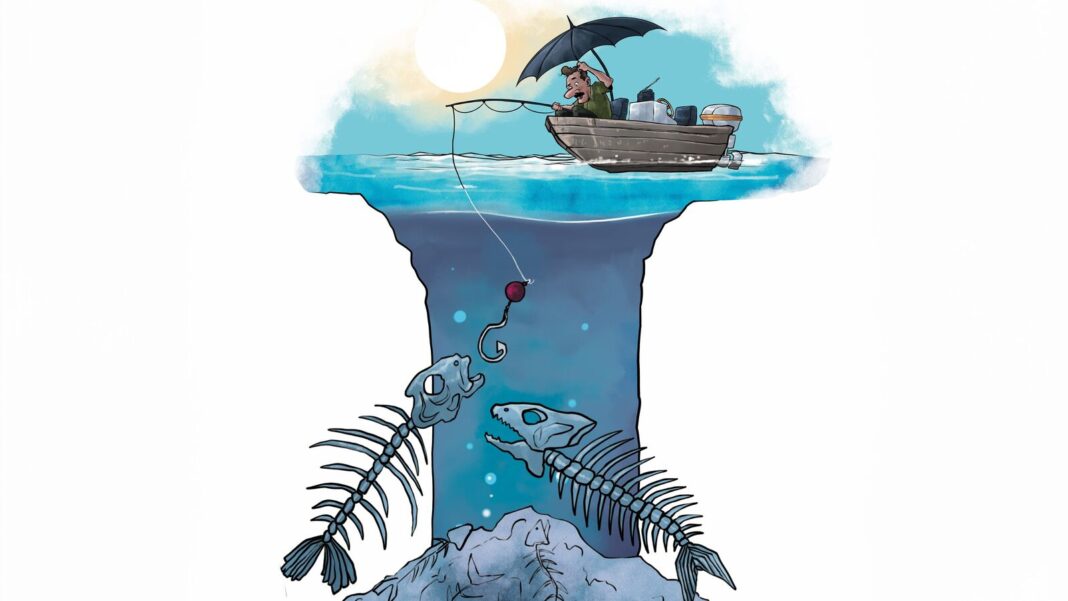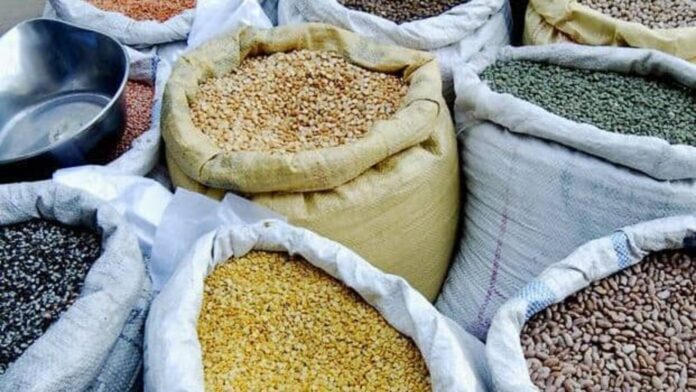In Short:
Heatwaves have hit India hard, causing widespread mortality among fish in inland lakes and ponds due to shrinking water levels and rising temperatures. Marine heatwaves have also led to coral bleaching, impacting marine ecosystems. Rising temperatures affect fish metabolism, reproduction, and migration, leading to a decline in fish production and exports. As a result, fish prices have surged, impacting consumers across the country. Rainfall from the monsoon may help alleviate the situation.
The Heatwaves Killing Fish and Impacting India’s Fisheries
In much of **West Bengal** and parts of the east and west coast, setting limits on fish catches would have been unimaginable only a few months ago. But a series of heatwaves—unprecedented in severity, length, and frequency—have been sweeping through the country, claiming lives, sparking forest fires, and pushing temperatures up to nearly 50 degrees Celsius.
Underwater Catastrophe
It’s not just humans suffering; life underwater is also perishing before fishermen can react. Inland water bodies are feeling the brunt of rising temperatures. Approximately 2-5% of fish in lakes and ponds may have perished, according to **Trivesh Mahekar**, a fisheries scientist at the **Indian Council of Agricultural Research-Central Coastal Agricultural Research Institute**.
According to Mahekar, warmer water temperatures can reduce dissolved oxygen levels and trigger harmful algal blooms, impacting fish health and survival. Marine heatwaves since October 2023 have led to coral bleaching in the **Lakshadweep** Sea.
Impact on Business
The rise in fish mortalities, both marine and freshwater, is concerning for **India**, a global fish and aquaculture producer. The decline in exports and scarcity of certain fish varieties have led to price increases domestically. Due to lower production, fish prices have surged, affecting consumers and the fishery economy.
Environmental Consequences
Prolonged heatwaves are affecting oxygen levels in water bodies and increasing disease prevalence, leading to higher fish mortalities. As temperatures rise further, fish reproduction and migration patterns are also being disrupted, impacting ecosystems and biodiversity.
The Toll on Consumption
Consumers are feeling the heat too, with the price of fresh fish soaring due to lower production and climate impacts. From Bengaluru to Delhi, the cost of marine fish has doubled, putting pressure on fish lovers. Scarcity is also evident as prices of various fish varieties climb sharply.
Hope Amidst the Heat
After enduring severe heatwaves, some relief is on the horizon as temperatures gradually cool with the arrival of the monsoon. The hope is that this change in weather will bring some respite to the fisheries sector and restore balance to fish ecosystems.





